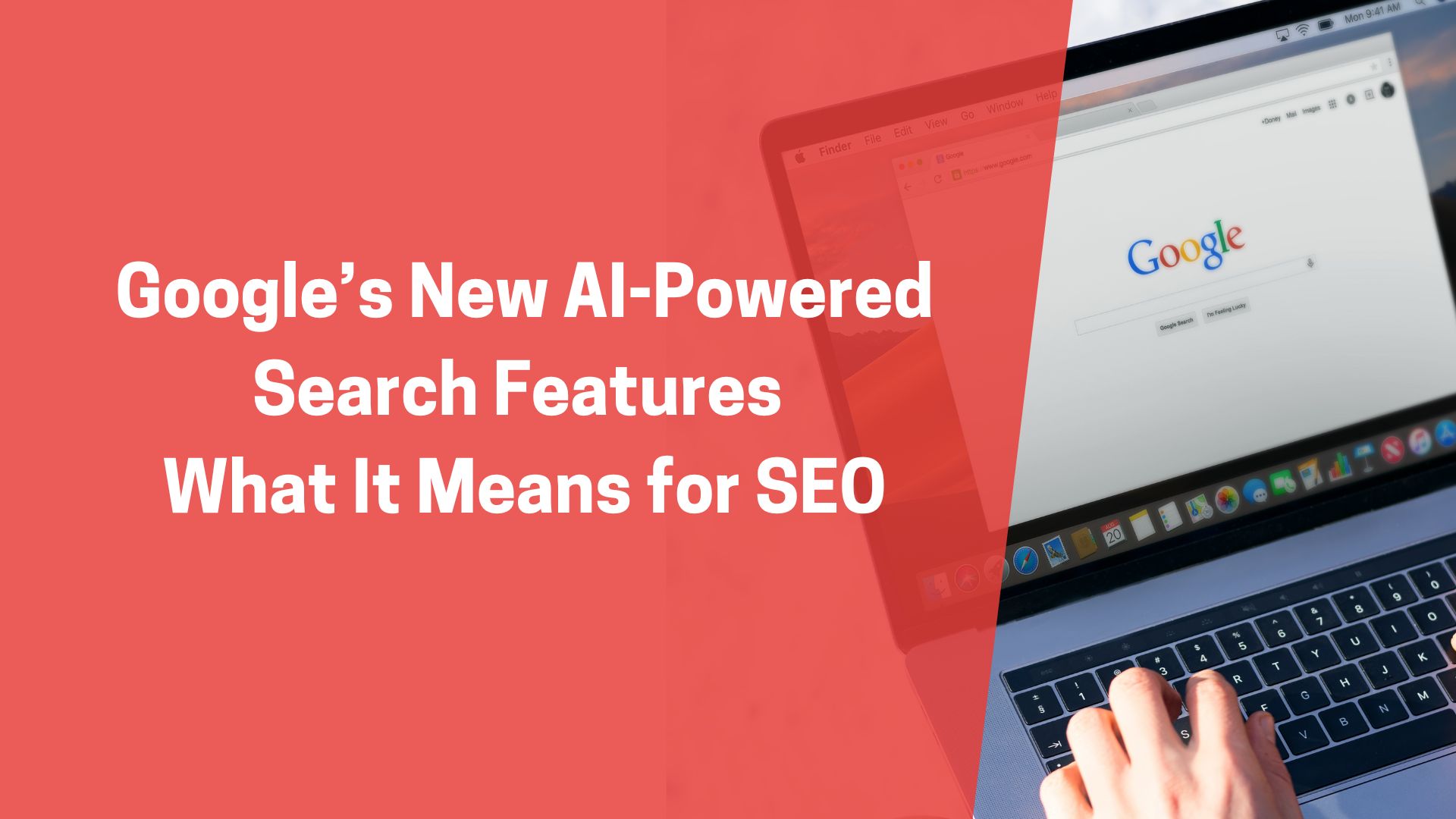Google’s latest AI-enhanced search features, including generative search results, are transforming how users locate information and are consequently reshaping the SEO landscape. For digital marketers, these updates present both opportunities and challenges. Here’s what you need to know and how to adapt.
What Are Generative Search Results?
Generative search results leverage AI to deliver direct, conversational answers to user queries. Rather than simply listing links, Google synthesizes information from multiple sources and presents it in a summarized format. For instance, if someone searches for “best digital marketing strategies in 2025,” Google may generate a concise answer by aggregating data from top-ranking blogs, videos, and forums.
How This Affects SEO
- Reduced Click-Through Rates (CTR):
With answers displayed directly on the search results page, users may no longer need to click through to websites. This could result in a decline in organic traffic for some businesses.
- Emphasis on Authority and Trust:
Google’s AI prioritizes high-quality, authoritative sources. Marketers must focus on producing in-depth, well-researched content that establishes their site as a trusted resource.
- Structured Data is Essential:
To ensure that your content is considered for generative results, implement structured data (schema markup) to help Google understand and categorize your content effectively.
- Focus on Long-Tail Keywords and Conversational Queries:
As users increasingly adopt natural, conversational search patterns, optimizing for long-tail keywords and question-based queries becomes crucial.
What Marketers Should Do
– Create High-Quality, Comprehensive Content: Focus on delivering value through detailed articles, guides, and FAQs that thoroughly address user queries.
– Optimize for Featured Snippets: Structure your content to target “position zero” by using headers, bullet points, and concise answers.
– Incorporate Multimedia: Use videos, infographics, and images to engage your audience and enhance the chances of your content being featured.
– Monitor Performance: Utilize tools like Google Search Console to track your site’s performance in generative search results and adjust your strategy as needed.
Conclusion
Google’s AI-powered search features are changing the SEO landscape. While they pose challenges, they also present opportunities for businesses that adapt quickly. By prioritizing quality, authority, and user intent, marketers can remain competitive in this evolving environment.

